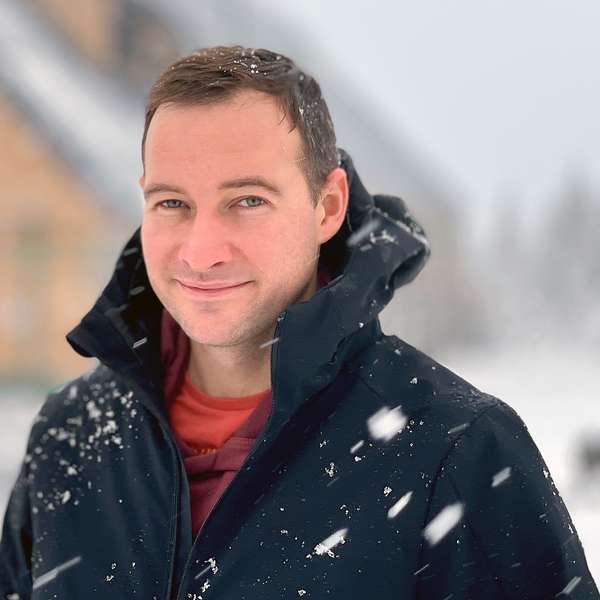
Flourishing After Addiction with Carl Erik Fisher
Addiction psychiatrist and bioethicist Carl Erik Fisher explores addiction and recovery from science to spirituality, from philosophy to politics, and everything in between. He interviews leading experts in areas such as psychology, neurobiology, history, sociology, and more--as well as policy makers, advocates, and people with lived experience.
A core commitment of the show is we need more than medicine to truly understand addiction and recovery. The challenges and mysteries of this field run up against some of the central challenges of human life, like: what makes a life worth living, what are the limits of self control, and how can people and societies change for the better? These are enormous questions, and they need to be approached with humility, but there are also promising ways forward offered by refreshingly unexpected sources.
There are many paths to recovery, and there is tremendous hope for changing the narrative, injecting more nuance into these discussions, and making flourishing in recovery possible for all.
Please check out https://www.carlerikfisher.com to join the newsletter and stay in touch.
Flourishing After Addiction with Carl Erik Fisher
Why history? With Prof. Benjamin Breen
With so much suffering today, and in the midst of a historic overdose crisis, you might wonder: why bother looking to the distant past of addiction? How can the history of addiction actually help us?
For me, I found that I needed history to make sense of what happened to me and my family. After studying addiction for a little while, I saw that ideas dating from the origin of the global drug trade, hundreds of years ago, exert a powerful influence on how we understand and treat—or still fail to treat—addiction. Today, I’m convinced that this history is a crucial route for giving addiction the care, nuance, and attention it deserves. But in the beginning, I needed some help from thoughtful scholars to see those connections.
In today’s episode of the Flourishing After Addiction podcast, I was really happy to talk with my friend and colleague Ben Breen, a noted historian at the University of California, Santa Cruz, who studies the history of science and drugs. Many years ago, it was Ben’s help, and his living example of wholehearted devotion to the field, that helped me to see the promise of this history for helping us in the present.
We talk about how ideas about drugs from the colonial period onward have shaped how we think about good and bad drugs—and so much more. He sketches the deep history of psychedelics, from the Amazon rainforest to the overlooked early history of psychedelic therapy. Drug scares about coffee. Cinnamon, tobacco, and unicorn horns. “Dry goods,” bath salts, and decriminalization. Imperialism, capitalism, and cosmopolitanism. How opium was turned into an exotic substance despite originating from Europe. And generally, how all these ideas come back to the present to affect how people make sense of themselves and their suffering.
Benjamin Breen, Ph.D., is Associate Professor of History at the University of California, Santa Cruz, where he teaches classes on early modern Europe, the history of science, environmental history, and world history. He was a postdoctoral fellow at the Society of Fellows in the Humanities at Columbia University, and a lecturer in Columbia’s history department. He grew up in California and earned his Ph.D. in history from the University of Texas at Austin in 2015. He is the author of The Age of Intoxication: Origins of the Global Drug Trade, and he is currently at work on a new history of “psychedelic science” and Cold War drug experimentation. He has contributed to The Paris Review, The Atlantic, Lapham’s Quarterly, and many more publications. He also created the history blog Res Obscura. For more, check out his website and find him on Twitter.
In this episode:
- George Psalmanazar, a mysterious Frenchman who posed as a native of Formosa (now Taiwan) and gave birth to a meticulously fabricated culture... and who also provided remarkably detailed descriptions of opioid addiction as early as 1764
- Decriminalization in Santa Cruz.
- Mike Jay's new book on Mescaline
- Khat and cathinones
Sign up for my newsletter and immediately receive my own free guide to the many pathways to recovery, as well as regular updates on new interviews, material, and other writings.